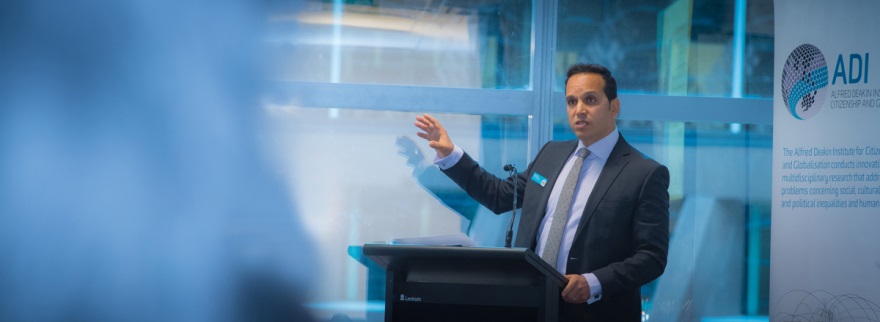Project summary
Grantee: Deakin University
Priority Area: Education
Flagship Program: International Speakers Program
Country: Australia, Other: Tunisia; Indonesia
With orderly national elections in 2011 and 2014, Tunisia has successfully commenced a transition from dictatorship to democracy. A key to now consolidating these gains is holding successful municipal elections by the end of 2016.
Indonesia is further down the path of democratic transition than Tunisia and represents an excellent model. Indonesia is now consolidating the national democratic transition, begun in 1998, through local elections. Decentralised local governance is a critical element of the transition in Indonesia. Civil society, supported by the mass-based Islamic civil society organisations Muhammadiyah and Nahdlatul Ulama, and the nation's youth has fostered democratic values.
Given Australia's expertise in this area and the parallels between Indonesia and Tunisia, Deakin University will leverage the lessons learned and bring together key civil society figures from both countries to share learnings around youth engagement and consensus building as a means of working towards democratic consolidation at the local level.
The project builds on the CAAR's previous support through Deakin University to showcase Tunisian civil society's role in helping Tunisia establish a new democracy. Earlier this year four Tunisian organisations were awarded the Nobel Peace Prize for their role in the democratic transition in Tunisia post-2011.
Council for Australian-Arab Relations grant offer: $55,000.00 GST Inclusive
Total project value: $87,444.00


